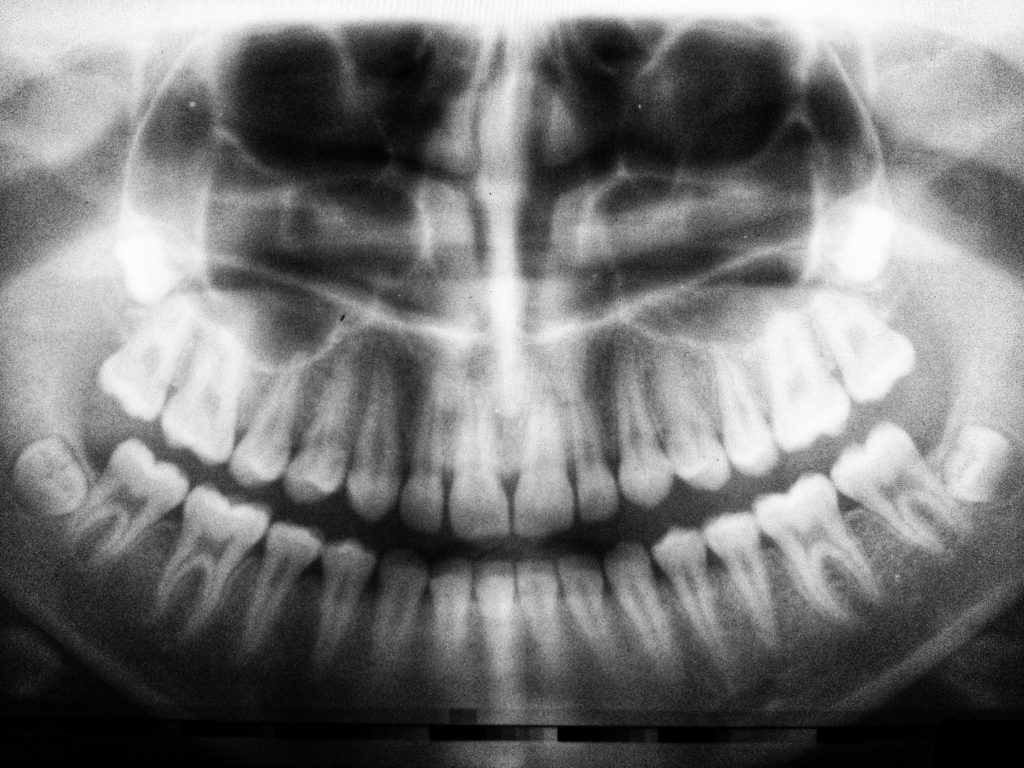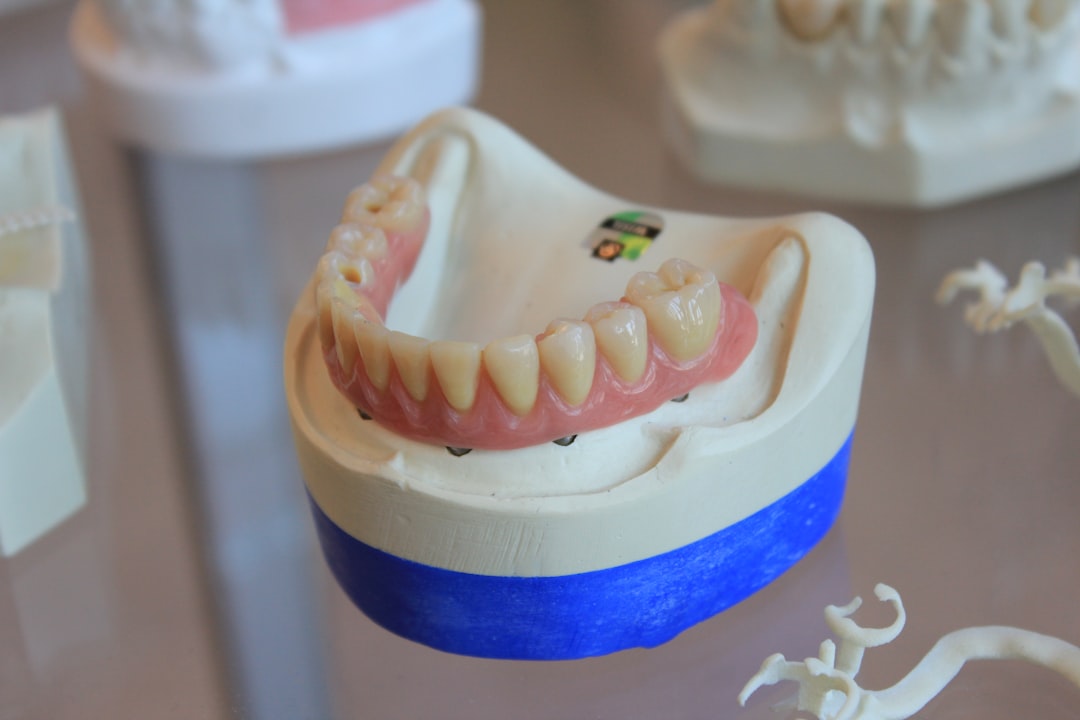When it comes to replacing missing teeth, there are several options available.
One of the most popular and effective solutions is dental implants.
Dental implants offer a long-term solution, closely mimicking the look and feel of natural teeth. They can significantly improve your smile, chewing ability, and overall oral health.
However, the decision to get dental implants is not one to be taken lightly.
It involves a multi-step procedure, a considerable investment, and a commitment to proper oral hygiene.
In this comprehensive guide, we will compare dental implants to other tooth replacement options. We’ll delve into the procedure, cost, and outcomes of dental implants, as well as alternatives like dental bridges, dentures, and crowns.

Our goal is to provide you with the information you need to make an informed decision about your dental care. Whether you’re considering dental implants for yourself, researching for a loved one, or simply curious about the topic, this article is for you.
Understanding Dental Implants
Dental implants are a revolutionary solution in the field of cosmetic dentistry.
They are designed to replace missing teeth, providing a durable and natural-looking alternative.
Unlike other tooth replacement options, dental implants are rooted in the jawbone. This unique feature offers several benefits.
Firstly, it provides stability, preventing the implant from shifting or slipping in the mouth. Secondly, it helps maintain jawbone density, preventing the bone loss that often accompanies tooth loss.
Finally, because they mimic the structure of natural teeth, dental implants distribute bite forces evenly across the jaw. This can help protect remaining natural teeth from excessive wear and tear.
What Are Dental Implants?
Dental implants are made up of three main components: the implant, the abutment, and the crown.
The implant is a small titanium post that is surgically placed into the jawbone. It acts as the root of the tooth.
The abutment is a connector that is attached to the top of the implant. It serves as a base for the crown.
The crown is the visible part of the tooth. It is custom-made to match the color and shape of your natural teeth, providing a seamless appearance.
The Dental Implant Procedure
The dental implant procedure is a multi-step process that typically spans several months.
It begins with a thorough dental evaluation to assess your suitability for implants. This may involve X-rays or 3D imaging to examine your jawbone and oral structures.
Next, the implant is surgically placed into the jawbone. This is usually done under local anesthesia, with sedation options available for patient comfort.
After the implant is placed, a period of healing is required. This allows for osseointegration, where the implant fuses with the jawbone, providing a stable foundation for the crown.
Once healing is complete, the abutment is attached to the implant. Finally, the custom-made crown is placed onto the abutment, completing the restoration.
Dental Implants Before and After: Visual Evidence of Success
Dental implants can significantly improve the aesthetics of your smile.
But they do more than just enhance your appearance. They also restore function, allowing you to eat, speak, and smile with confidence.
Before and after photos of dental implant patients often show a dramatic transformation. Not only in the completeness of their smile but also in their overall facial structure.
This is because dental implants help preserve the natural shape of the face, preventing the “sunken” appearance that can occur with tooth loss.
The Cost of Dental Implants
One of the most common questions about dental implants is, “How much do they cost?”
The answer, however, is not straightforward.
The cost of dental implants can vary widely. It depends on several factors, including the number of implants needed, the type of implant, and the specific procedures involved.
On average, the cost of a single dental implant can range from $1,500 to $6,000. This includes the implant, abutment, and crown.
However, it’s important to remember that dental implants are a long-term investment in your oral health. When considering the cost, it’s also worth considering the value they provide over time.
Factors Influencing Dental Implant Cost
The cost of dental implants is influenced by several factors.
Firstly, the number of implants needed will significantly impact the total cost. Replacing a single tooth with an implant is less expensive than replacing multiple teeth.
Secondly, the type of implant used can also affect the cost. For example, traditional implants are generally more expensive than mini implants.
Finally, the specific procedures involved can influence the cost. Some patients may require additional procedures, such as bone grafting or sinus lifts, which can add to the overall cost.
Long-Term Value of Dental Implants
While the upfront cost of dental implants may seem high, it’s important to consider their long-term value.
Dental implants are designed to last a lifetime with proper care. This makes them a more cost-effective solution in the long run compared to other options like bridges or dentures, which may need replacement or adjustments over time.
Moreover, dental implants can improve your quality of life. They restore function, improve aesthetics, and can boost your confidence. These benefits, while not easily quantifiable, add significant value to the investment.
Alternatives to Dental Implants
While dental implants are a popular choice for tooth replacement, they are not the only option.
There are several alternatives to dental implants, each with its own set of advantages and disadvantages.
These alternatives include dental bridges, dentures, and dental crowns. The best choice for you will depend on your specific needs, oral health, and budget.
Let’s take a closer look at these alternatives and how they compare to dental implants.
Dental Bridges
Dental bridges are a common alternative to dental implants.
They are used to replace one or more missing teeth by bridging the gap between two existing teeth.
A bridge consists of two crowns for the teeth on either side of the gap, with a false tooth or teeth in between.
While bridges are less invasive than implants, they require the alteration of adjacent healthy teeth, which can be a disadvantage.
Dentures
Dentures are another alternative to dental implants.
They are removable appliances that can replace missing teeth and surrounding tissues.
Dentures can be full (replacing all teeth in the mouth) or partial (replacing one or a few teeth).
While dentures are more affordable than implants, they may not offer the same stability or comfort, and they require regular adjustments and replacements.
Dental Crowns
Dental crowns are used to cover damaged teeth, restoring their shape, size, and strength.
They are not a direct alternative to dental implants as they do not replace missing teeth.
However, they can be used in conjunction with a dental implant to replace a single tooth.
A crown is placed on top of the implant to provide the appearance of a natural tooth.
Comparing Dental Implants with Other Options
When it comes to tooth replacement, there is no one-size-fits-all solution.
Each option, be it dental implants, bridges, dentures, or crowns, has its own set of pros and cons.
The best choice for you will depend on various factors, including your oral health, lifestyle, budget, and personal preferences.
In the following section, we will delve deeper into the pros and cons of each option.
This will help you make an informed decision about the best tooth replacement option for you.
Pros and Cons: Dental Implants vs. Bridges vs. Dentures vs. Crowns
Dental implants, bridges, dentures, and crowns each have their own advantages and disadvantages.
Let’s take a closer look at each.
- Dental Implants: Dental implants offer a natural look and feel, closely mimicking real teeth. They can prevent bone loss in the jaw, a common issue with tooth loss. However, the dental implant procedure involves several steps and can be more costly and time-consuming than other options.
- Dental Bridges: Dental bridges are less invasive and quicker to place than implants. They can be a good option for those who want a fixed solution but do not want to undergo surgery. However, they require the alteration of adjacent healthy teeth, which can be a disadvantage.
- Dentures: Dentures are a more affordable option and can be a good solution for those missing many or all of their teeth. However, they may not offer the same stability or comfort as implants, and they require regular adjustments and replacements.
- Dental Crowns: Dental crowns are used to cover damaged teeth, restoring their shape, size, and strength. They do not replace missing teeth but can be used in conjunction with a dental implant to replace a single tooth. However, like bridges, they require the alteration of the existing tooth structure.
In the end, the best tooth replacement option for you will depend on your specific needs and circumstances. It’s important to discuss these options with your dentist to make the best decision for your oral health.
Making the Right Choice for Your Oral Health
Choosing the right tooth replacement option is a significant decision.
It can greatly impact your oral health, comfort, appearance, and overall quality of life.
Therefore, it’s crucial to consider all factors and consult with a dental professional before making a decision.
Factors to Consider When Choosing a Tooth Replacement Option
When choosing a tooth replacement option, several factors should be considered.
Firstly, your oral health status is crucial.
Certain conditions, such as gum disease or insufficient jawbone, may affect your eligibility for certain options.
Secondly, consider your lifestyle and personal preferences.
For instance, if you prefer a low-maintenance option, dentures may not be the best choice as they require regular cleaning and adjustments.
Thirdly, consider the cost and your budget.
While dental implants may have a higher upfront cost, they can be more cost-effective in the long run as they often last longer than other options.
Lastly, consider the aesthetic outcome.
If the appearance of your teeth is a significant concern for you, dental implants or bridges may provide a more natural look than dentures.
Consulting with a Dental Professional
Before making a decision, it’s crucial to consult with a dental professional.
They can assess your oral health, discuss your options, and provide personalized advice based on your specific needs and circumstances.
Conclusion: The Path to a Confident Smile
Choosing the right tooth replacement option can pave the way to a confident smile and improved oral health.
Whether you opt for dental implants, bridges, dentures, or crowns, the most important thing is to make an informed decision that suits your needs, preferences, and lifestyle. Remember, a healthy, beautiful smile can significantly enhance your quality of life.
